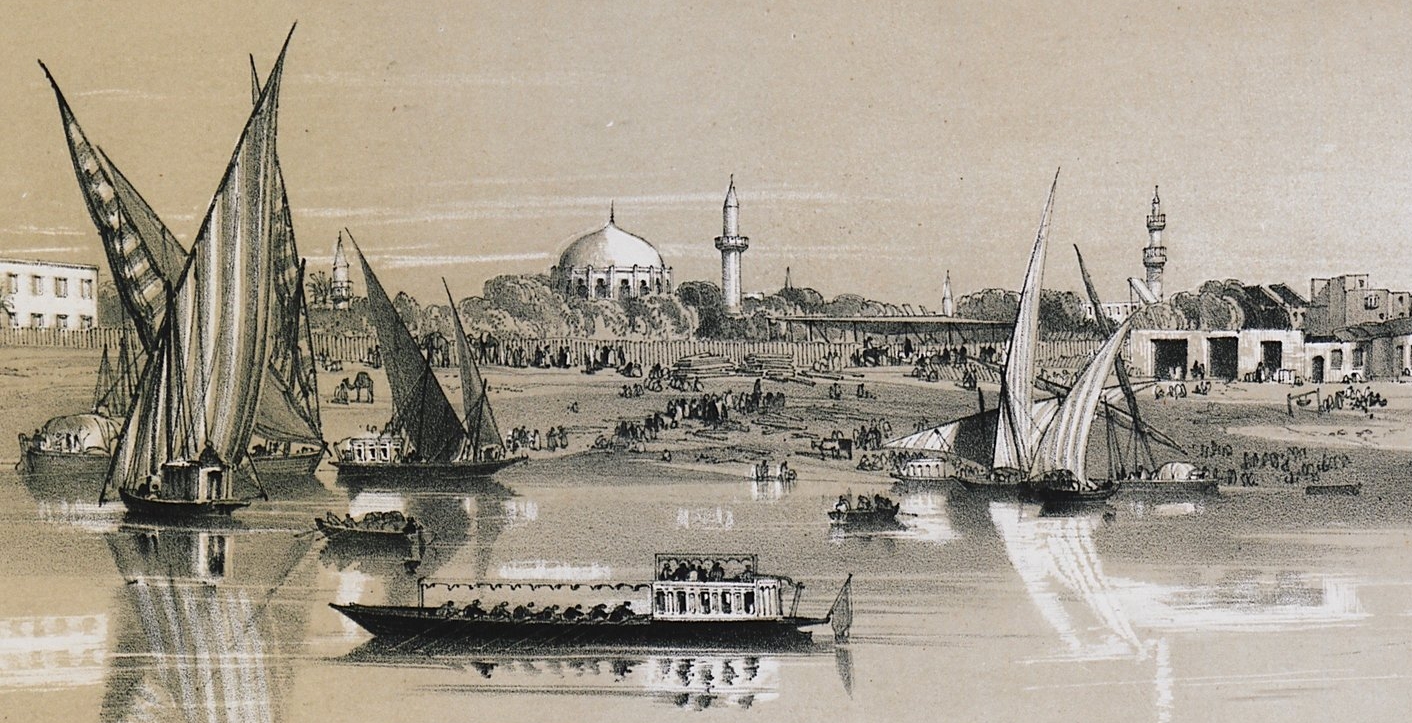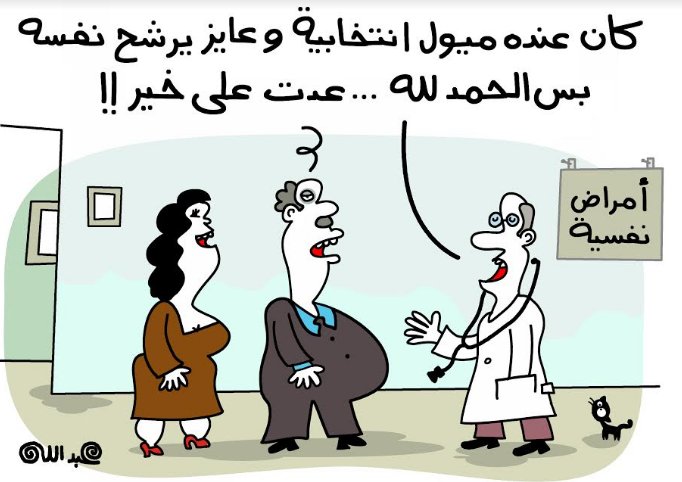7: Soft Power
We discussed our recent readings. This includes some early foreign reporting on Morocco, which is both vivid and prejudiced; a moving account of the way Moroccan political prisoners clung to their memories and their words and refused to be fully “disappeared” during the country’s decades of repression; and a collection of beautifully translate and unusual folktales, shared by Lebanese women with each other. We also discussed the Cairo Book Fair, whose official theme this year is “Soft Power…How?”
Show notes
- Walter Harris’s (1866-1933) Morocco That Was is the book Ursula is considering “hate-teaching”. Harris was a British journalist and socialite who worked as a correspondent for The Times. The book can be read
- The Performance of Human Rights in Morocco by Susan Slyomovics looks at the words (literary and otherwise) that sent Moroccans to jail during the Hassan II years; the attempts to make peoples and their stories disappear; and the words that eventually exposed the terrible abuses of the “Years of Lead.”
- The Return by Hicham Matar explores secret prisons in Libya under Ghaddafi, in search of a trace of the author’s kidnapped father.
- Pearls on a Branch, by Najlaa Khoury, tr. Inea Bushnaq is forthcoming from Archipelago books March 2018. This ridiculously delightful folktale collection is based around work Khoury collected in Lebanon during the civil war, many of which became stage productions. A collection of them was published in Arabic in 2014, and soon they’ll be available in Bushnaq’s fun, luminous, inventive translation.
- Moroccan Folktales, ed. Jilali El Koudia, translated by Jilali El Koudia and Roger Allen with a critical analysis by Hasan M. El-Shamy, is newly available as a paperback from Syracuse University Press this February 2018.
- The Cairo Book Fair runs this year through February 10, 2018.
- “The Rise and Fall of Egyptian Arabic” can be found on The Economist.
- Egyptian President Abdel-Fattah El Sisi’s ominous recent speech. Sisi is running for a second term against just one other candidate, who turns out to be a great fan of his.
"He had electoral tendencies and wanted to nominate himself.
— Jonathan Guyer (@mideastXmidwest) January 30, 2018
But, thank God, he's back to feeling better!!"@abdalla_cartoon in today's Al-Masry Al-Youm, the privatey-owned Egyptian paper, where the jokes on the forthcoming presidential balloting have been riotous. pic.twitter.com/snyE7NKeqv





